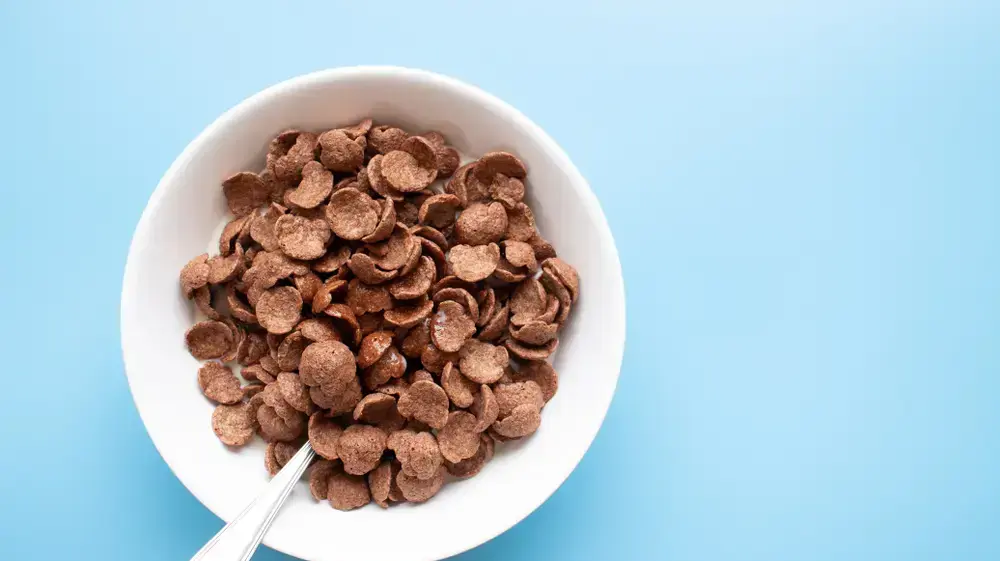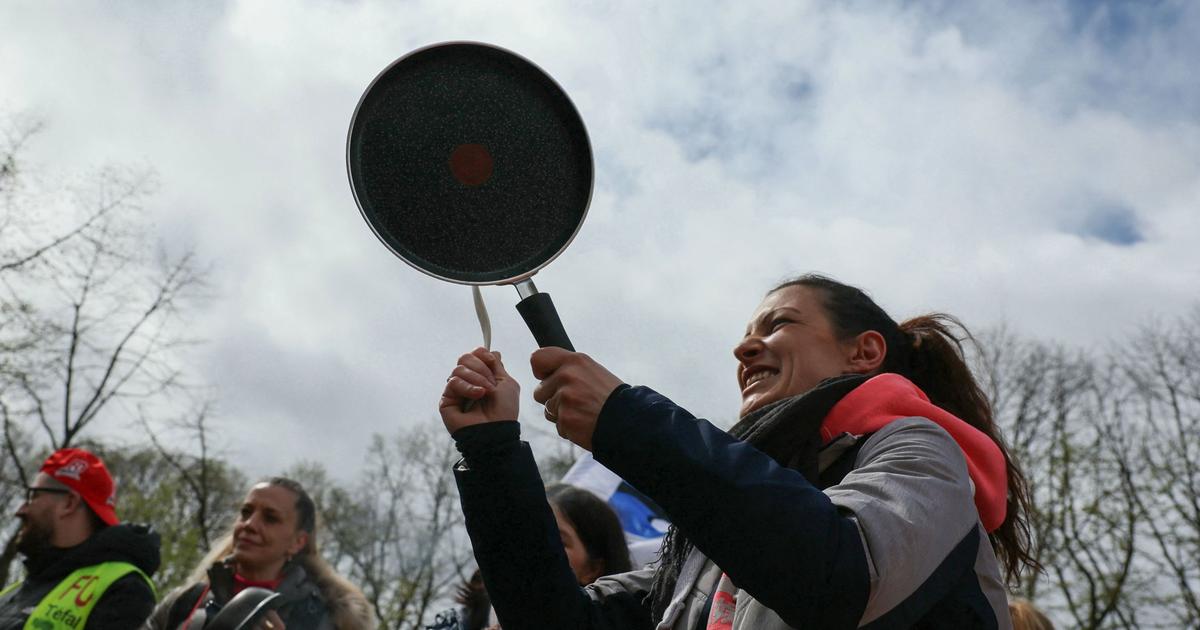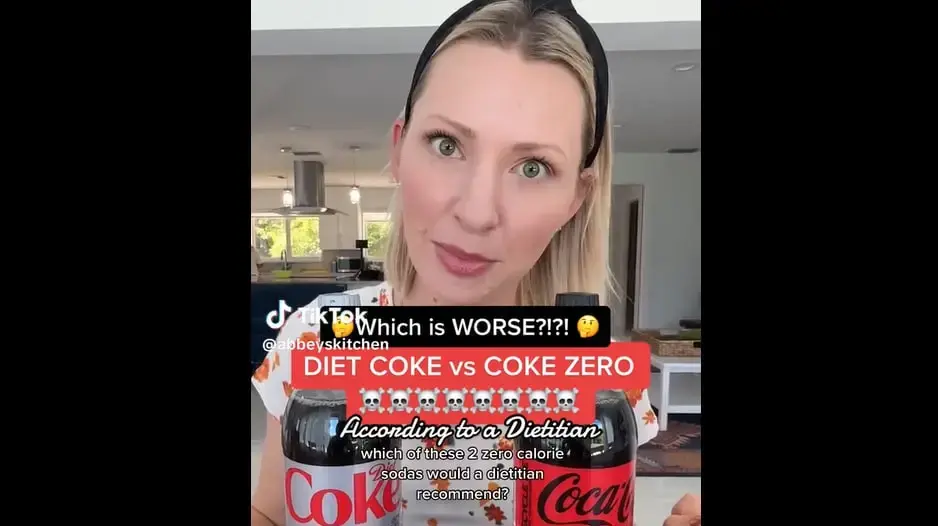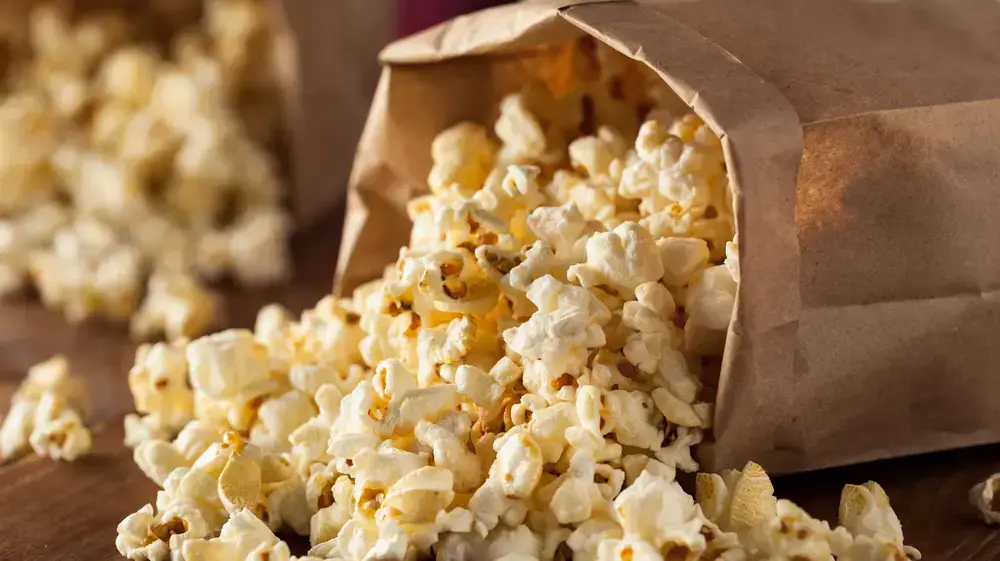Keep a safety distance of one meter with the other customers of the store, wear a mask if you have one, cough in your elbow ... All this, we know, even if in some supermarkets or small shops, barrier gestures do not are not fully respected by everyone. What is less clear are the precautions to take with food brought home, or those delivered to your home. We interviewed Doctor Jean-Michel Lecerf, head of the nutrition department at the Institut Pasteur in Lille.
Can we be contaminated through food?
JEAN-MICHEL LECERF . Yes, but let's be specific about the nature of the risk. Transmission of the SARS-CoV-2 virus, the virus responsible for Covid-19, through food from a contaminated animal (chicken, beef, pork, etc.) seems very unlikely. This new coronavirus is spread between humans, not through meat or livestock. Food may, however, have been contaminated with postlets or soiled hands from a sick human or asymptomatic carrier of the virus. A priori, swallowing them does not pose any problem, as indicated by an expert report from the National Health Security Agency (ANSES), because the virus is not transmitted by the digestive tract. But as the infection is made by the respiratory tract, the risk exists only if one takes a false route or if one inhales the food at the same time as one swallows it.
Do you have to be careful when you unpack your purchases?
Yes. Because you can get Covid-19 by touching contaminated food and wearing your fingers to your face or mouth. You must therefore immediately remove and discard all overpacks, then wash your hands thoroughly. As the virus remains active for several hours on an inert surface (cardboard, plastic, etc.), it is then better to store your shopping in cupboards or in the refrigerator and do not touch it at least overnight. Before cooking, wash food as much as possible and cook it as the virus is sensitive to cooking temperatures. According to ANSES, a heat treatment above 63 ° C divides the viral contamination of a foodstuff by 10,000.
What health rules should be followed when storing food?
We must be vigilant about the expiration dates of the products. The sales deadline (DLV) may be slightly exceeded, but the consumption deadline (DLC) must be respected. Also pay attention to fruits and vegetables. They can be eaten without worry if they have become wrinkled or split, but not if they have traces of mold (blue, black or other color). They may contain mycotoxins dangerous to health. As these are likely to diffuse into the food, it is best to throw it out entirely.









